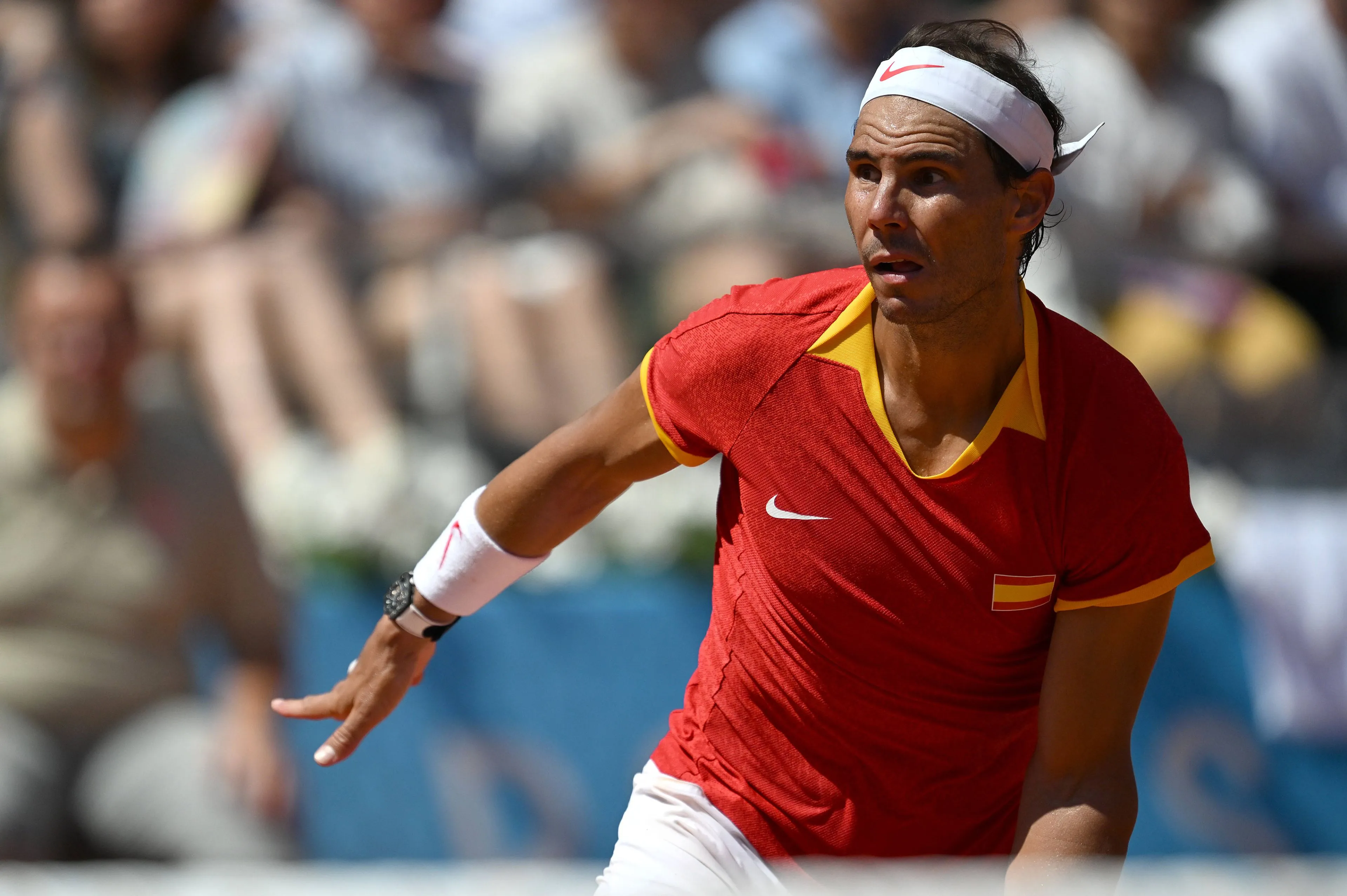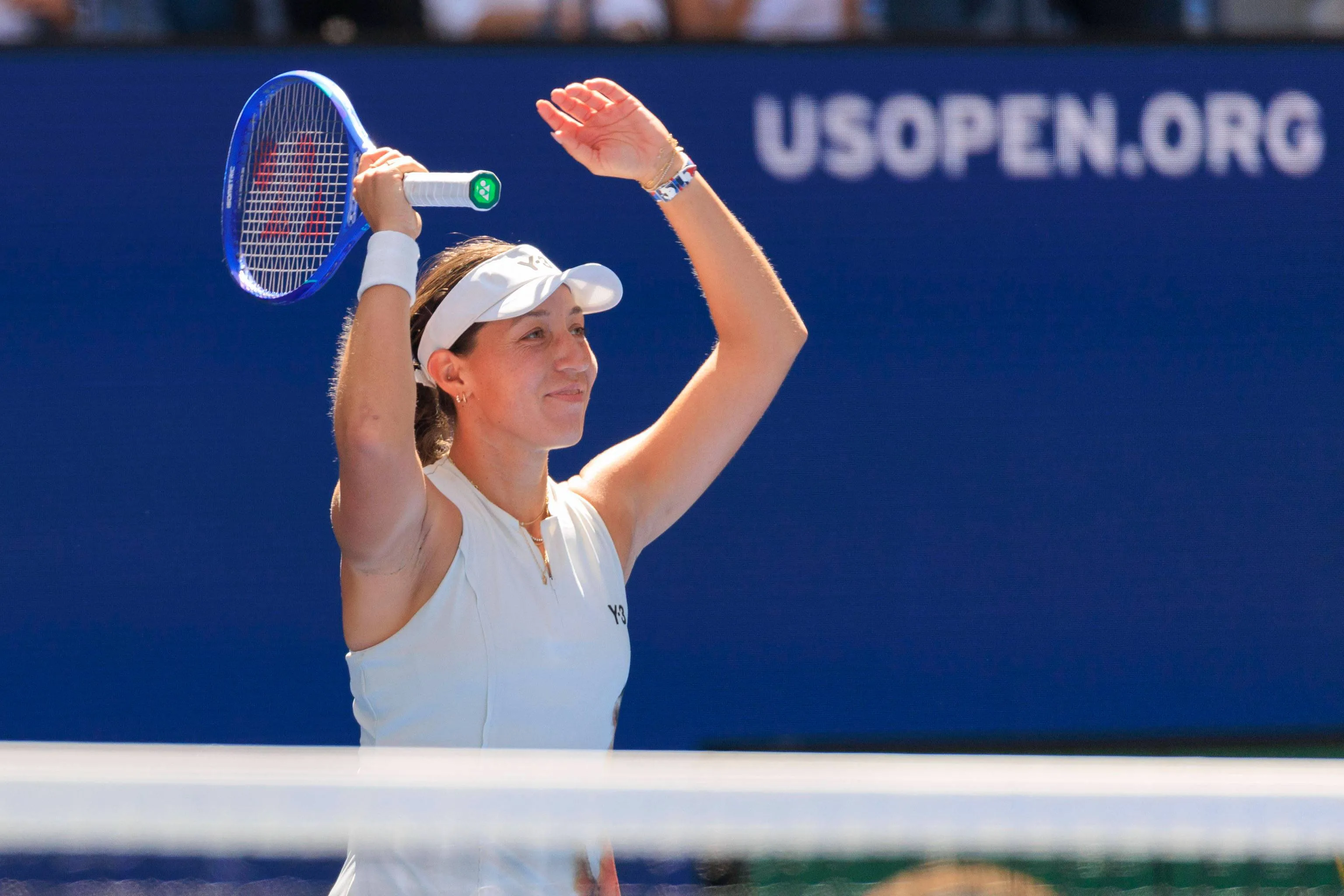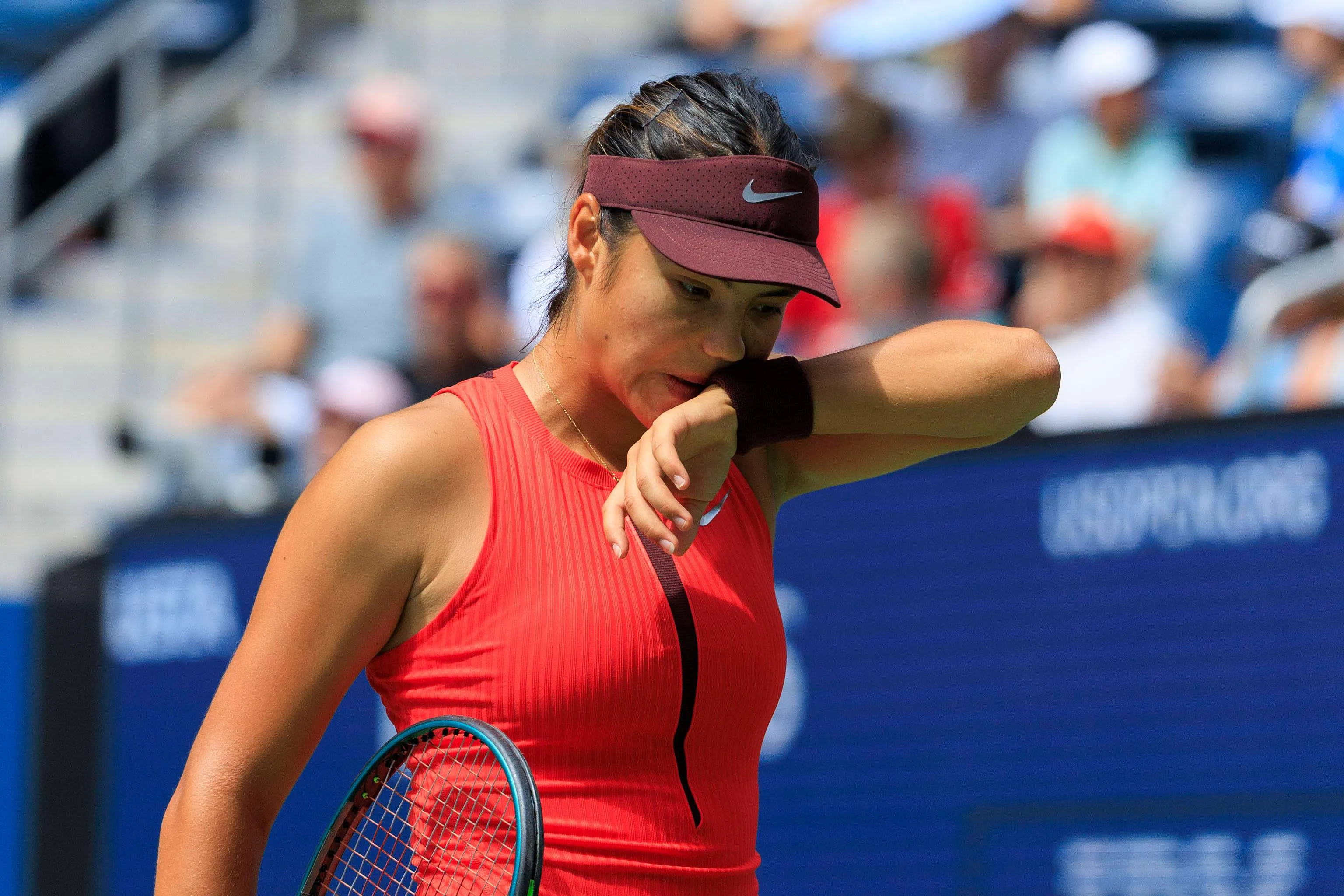ANALYSIS: Is Carlos Alcaraz right about scheduling complaints or does Sinner's hypocrisy retort ring true?
ATPThursday, 26 September 2024 at 10:00

Carlos Alcaraz and Jannik Sinner are some of the best players in the world, but they don’t agree on all things.
One famous example of how they disagree is on the calendar, which became apparent recently after both made some comments on it. So unless you’ve been living under a rock, you likely would have noticed that Carlos Alcaraz has been beating the ‘calendar too much’ drum for a very long time. The Spaniard has emerged as one of the leading candidates in criticising the tennis calendar, finding it too much and too long.
He’s not the only one that has said things like that this year. This narrative has been going on for a very long time, with other notable players like Iga Swiatek talking about it for many years now. Alcaraz, though, seemingly started to speak more and more on it lately, which has caught the eye of both other players and media alike. It’s not the most unreasonable position because the calendar is indeed quite long and keeps expanding.
Read also
The reason for that is rather simple - money. It always comes down to money, and when money is involved, the health and safety of players go second. So while the argument presented by Alcaraz is a sound and noble one, it has flaws. It looks particularly weak from his POV when he signed up for the Laver Cup and also the Saudi exhibition later this year. Yes, there are indeed many events in the year, but you’re not making yourself look good arguing against that if you’re signing up for events you don’t have to play.
Alcaraz quote: “Probably they are going to kill us in some way. Right now a lot of good players are going to miss a lot of tournaments because of (injury).”
The long calendar is a problem and will create more and more problems, but Jannik Sinner had an interesting way of talking about it. The Italian was asked about the calendar and Alcaraz’s comments ahead of the China Open, and the Italian had a pretty simple response to all of that. While he acknowledged that the calendar is indeed long, the Italian also pointed out that players don’t have to play all the events.
There are some events that are mandatory, which all players who are able must attend, but outside of that, you’re given plenty of freedom to organise your calendar. Sinner, for example, has done exceptionally well this year in terms of his schedule. We can demonstrate that easily by simply comparing how many events and matches they played.
Read also
Sinner has played 13 events so far, with the China Open being the 14th he’ll play this year. Alcaraz, who will also play at the China Open, has played 15 events so far, so that one will be the 16th one he will play this year. Now, when we look at their match total, Sinner has played 62 matches so far. Alcaraz, on the other hand, has played 54 matches, so 7 matches less despite playing 2 events more. When you think about how Alcaraz missed a good portion of the clay season due to the injury problems he had, it gets even worse.
The bottom line is that Sinner did a much better job than Alcaraz when it comes to handling the tennis calendar, and that’s why he’s likely sitting there in September not overly bothered by the length of the calendar. He knows that whatever the calendar is, he can still find a pretty nice schedule that fits him well. Alcaraz, meanwhile, is clearly frustrated by the calendar because he hasn’t done a really good job with it overall. He can do a much better job in the future to counter the long calendar.

Does Carlos Alcaraz have a point or is it hypocrisy?
The point he made, though, stands; an overly long calendar doesn’t really benefit any of the players. It does benefit the ATP as an organisation and all those who have money invested in the sport. The more tennis is played, the more money they can make, even though that will likely hurt the players long term. Where Sinner is correct, though, is that the ATP isn’t responsible for the longevity of tennis players. Those are things they should be worried about because that’s what’s in their personal domain.
They can’t impact what happens with the calendar because that’s not their job, even though using their voice to speak about it is a viable tactic in combating greed in sports, which has been ever present in many sports, not just tennis.
It’s not like the calendar can get any longer than it already is, but it will, as some of these Masters events get extended to two-week events. We’ll see what the future brings, but while they might disagree on certain things, ultimately both Alcaraz and Sinner made fair points.
Alcaraz is right that the calendar is too long and it shouldn’t expand any further, even though it most likely will. The amount of time he talked about it, though, has been too much because ultimately, you have to deal with it. You as an athlete have to find a way to get the most out of that situation, which is exactly what Jannik Sinner argued as well. It’s not ideal, it’s too long, it’s too tough.
But as a player, you just have to suck it up and deal with it the best way you can. The way they look at this situation might just be a fundamental difference in how you approach things. Sinner is the prototype of the shut up and work type of player who doesn’t talk much but simply works hard and lets his tennis do the talking.
Read also
claps 0visitors 0
Just In
Popular News
Latest Comments
- The poor Head Sportswasher has been whining and crying in the media, and basically threatening Saba, Iga, etc. Must be a real Ego Buster when they dangle money and people (especially Women) say, 'No thanks'.
- "Losing-itis" is not uncommon in Emma's small world. Just keeps begging the question, 'What are sponsors paying for? Limited tennis appearances... or Social Selfie Media presence?'
- Dubai can suck it up like everyone else. Just because they think they run the show, they do not. Sportswashing does not give them Power.
- You're losing your mind here.. You use a lot of space, yet inadequate knowledge. Read the WTA Rule Book 2026; it answers all your questions and accusations.
- Why single out Iga and Aryna to punish?, Since when do players get punish because they withdraw from tournaments? Maybe if they both were treated like number one and two players, they would not have this problem. The WTA discriminates against them because of their nationalities, yet they want to make money off them. Every tournament, Iga has harder draws than qualifiers from the beginning to the end. In the Australian Open they stuck Aryna out in the sun the majority of her matches in order to tire her out. She is the number one player in the world and she never got the opportunity to play with the roof closed. If they want these top players to continue playing and making money for them, then they should treat them as such. Otherwise, get the players who they are always giving out cupcake draws to like Pegula to play their tournaments. Lets see how many seats in the audience she will fill. Iga has more fans in the seats than any player in the WTA, yet she is always disrespected and mistreated because of her nationality. The WTA is a corrupt, bias and racist organization. No matter what job someone is on, you cannot tell them that they are not sick or injured.
- LOL. Billie Jean King hates being a woman.
- Pulling out a tournament is not illegal. Therefore, that is no problem. Maybe they need more rest.
- It is simple. If you do not want cameras following you, get away from tennis and go find another job. Cameras and interviews are a part of the job. They do not mind cameras when they are winning. If the women tennis players would put the same amount energy to playing tennis as they do with complaints, women tennis would be exciting to watch.
- Yeah, that's what I would do... be nice and lose a match
- Turns out Swiatek is as big a cheater as Draper (remember vs FAA?)when she didn’t admit to hitting a double bounce drop shot. The blind chair ump didn't even see it on the replay but fortunately got the correct call from someone on the phone (supervisor?) we all saw it…..it wasn’t even a close call. Great win Sakkari !!
Loading










